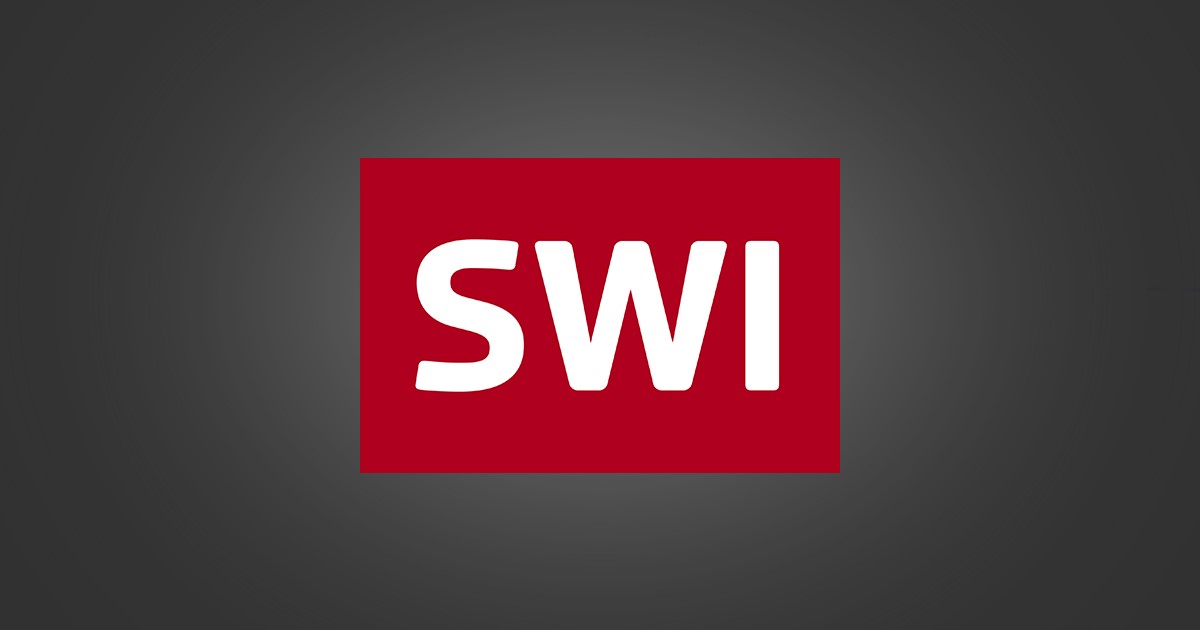This content was published on May 24, 2022 – 09:47
Brussels, May 24 (EFE) .- The Ministers of Agriculture of the European Union (EU) on Tuesday supported vaccination as a complementary tool for the prevention and control of highly pathogenic avian influenza (HPAI), which has spread this year by unusual areas, including Spain.
In a Council, the heads of the Twenty-seven endorsed conclusions that include a “strategic approach to the development of vaccination as a complementary tool” in the face of recent outbreaks in the poultry sector and promised to address the issue with their commercial partners to avoid the imposing barriers to trade.
“The objective is not to impose vaccination, but we would like to analyze the vaccine as a complementary tool for the Member States that consider it appropriate,” the new French Minister of Agriculture, Marc Fesneau, stressed in a public debate.
For his part, the Spanish minister, Luis Planas, explained that this year has been “particularly difficult” for Spain, which has registered 31 outbreaks in poultry and 38 in wild birds.
“We are all aware of the high expense for administrations” and that “massive sacrifice is a less accepted measure for society,” Planas said.
He added that the concern is “to ensure that these measures are fully compatible with international trade.”
Planas expressed himself in this regard upon his arrival at the ministerial meeting, when he said that “great care must be taken that this vaccination is compatible with international standards, particularly those of the International Organization for Animal Health, in relation to trade “.
During the meeting, Germany considered that vaccination “can be a reasonable complement”, but warned that “there are technical and scientific conditions” that must be respected for its effectiveness and that a “collective approach” is needed in the EU.
For her part, the European Commissioner for Health, Stella Kyriakides, said that security and surveillance to stop the spread of avian flu must be “the main elements” and added that it will be necessary to “reassure” trading partners to ensure that the trade continues to run smoothly.
The measures contained in the conclusions are directed, in particular, at the poultry sector in the context of the most serious outbreaks in recent history in Europe.
In the debate, the ministers underlined the cross-border nature of animal disease and its ability to spread very quickly.
They also recalled the risk that the disease could pose to human health.
They stressed the need to continue applying strict biosecurity measures and other existing prevention and control measures and agreed that vaccination could complement this framework.
They also called for more scientific knowledge, including updated risk assessments, and called on Member States and the Commission to intensify their efforts to develop vaccination strategies targeting risk areas, species and farming practices.
Member States were also encouraged to conduct vaccination trials and share their results through scientific collaboration.
Finally, the ministers reiterated the importance of monitoring the evolution of virus strains in circulation and invited the Commission to explore the possibilities of a joint purchase or a vaccine bank mechanism to guarantee supply.
They also insisted on joint efforts to improve the acceptability of vaccination in international trade and invited the development of an operational roadmap to support these discussions. EFE
mb-jug/mj
(More information on the European Union at euroefe.euractiv.es)
� EFE 2022. The redistribution and redistribution of all or part of the contents of Efe services is expressly prohibited, without the prior and express consent of Agencia EFE SA
–


